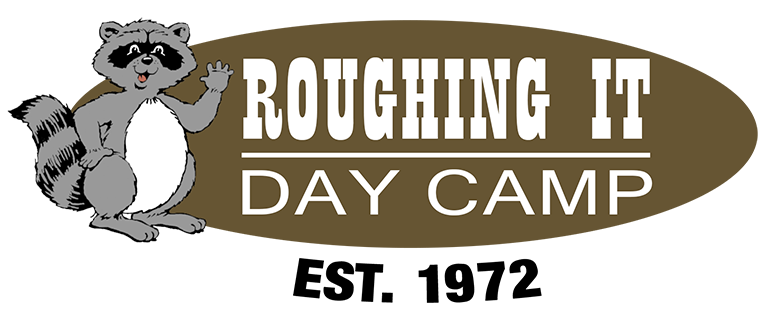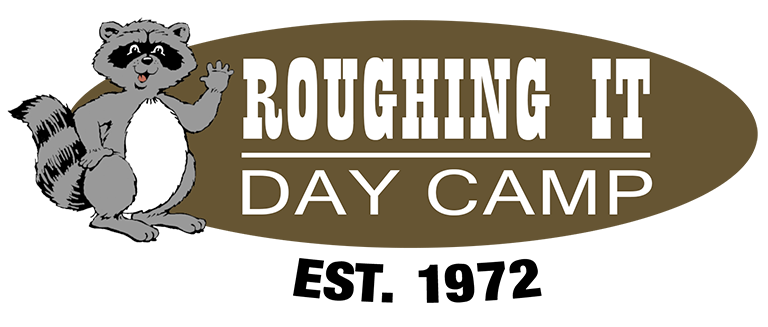One great way to introduce a new rider to the world of horses is through horse camp. Children can learn all about horses in a fun, safe environment with their peers and become comfortable riding. Unlike many barns, horse camp is exclusively designed for children of all ages and skill levels. Horseback riding can be an expensive sport, and horse camp is a great way to offer a sample of what it’s like without any long-term commitment. There are a lot of options out there for horse camps, and it’s important to choose the right one. There are a few things to consider:
 Horse camps come in a lot of different shapes and sizes. Many local barns offer horse camp programs, some can be found through organizations like the YMCA, and others are privately owned and operated with their own private site. Privately owned camps can be more expensive, but they also have the ability to hire their own ride staff and guarantee that they will be qualified to give lessons and have experience working with children. Many also require their staff to be CPR and first aid certified. The YMCA and other organizations usually arrange to take their campers to a local barn. Barns generally rely on their own trainers, and volunteers who may or may not be qualified. The volunteers are usually students at the barn who are still learning to ride themselves, and might not have very much experience working with children.
Horse camps come in a lot of different shapes and sizes. Many local barns offer horse camp programs, some can be found through organizations like the YMCA, and others are privately owned and operated with their own private site. Privately owned camps can be more expensive, but they also have the ability to hire their own ride staff and guarantee that they will be qualified to give lessons and have experience working with children. Many also require their staff to be CPR and first aid certified. The YMCA and other organizations usually arrange to take their campers to a local barn. Barns generally rely on their own trainers, and volunteers who may or may not be qualified. The volunteers are usually students at the barn who are still learning to ride themselves, and might not have very much experience working with children.
The type of riding offered is another factor to consider. Some camps give the option of English or Western, but most focus on teaching only one. It’s a good idea to make that decision early on in the research process. It’s also important to consider how much the campers will get to ride and how the lessons are structured. Some camps offer full, individualized lessons while others have campers take turns riding the same horse on a lunge line. Children might not get as much out of the lesson if they have to take turns on the same horse and only get about five or ten minutes of ride time. Younger campers also need different kinds of instruction for riding, so it’s good to check to make sure that there will be age appropriate riding lessons available for younger riders. It’s also good to check on what campers will be doing when they are not in a lesson. In an average day at horse camp, time is usually set aside for campers to eat lunch, sit in the shade, and have some down time to do crafts. It’s a good idea to double check on how long campers will spend in down time and whether or not they will be supervised during those times.
 There is also more to horses than just riding. It’s good to check to make sure the camp teaches children the basics of horsemanship along with giving lessons. It’s important that campers learn about the different parts of the horse, grooming, cleaning tack, feeding, and mucking. Children will have a more well-rounded experience if they learn more than just riding. It’s also good to ask whether gear, like helmets or boots, will be provided, because some camps do provide these while others don’t. For children aged 5-7 who have never ridden before, it might be a good idea to sign them up for a regular day camp that offers horseback riding as one of many activities instead one that is exclusively horseback riding. This way, children can get the chance to experience it first and find out if they enjoy it before committing to a horse camp.
There is also more to horses than just riding. It’s good to check to make sure the camp teaches children the basics of horsemanship along with giving lessons. It’s important that campers learn about the different parts of the horse, grooming, cleaning tack, feeding, and mucking. Children will have a more well-rounded experience if they learn more than just riding. It’s also good to ask whether gear, like helmets or boots, will be provided, because some camps do provide these while others don’t. For children aged 5-7 who have never ridden before, it might be a good idea to sign them up for a regular day camp that offers horseback riding as one of many activities instead one that is exclusively horseback riding. This way, children can get the chance to experience it first and find out if they enjoy it before committing to a horse camp.
There is almost no better way to spend your summer than by spending it with horses. This adventure starts with the right research and asking the right questions. Campers will create all sorts of amazing memories and learn new skills that will last them the rest of their lives. Happy riding!



